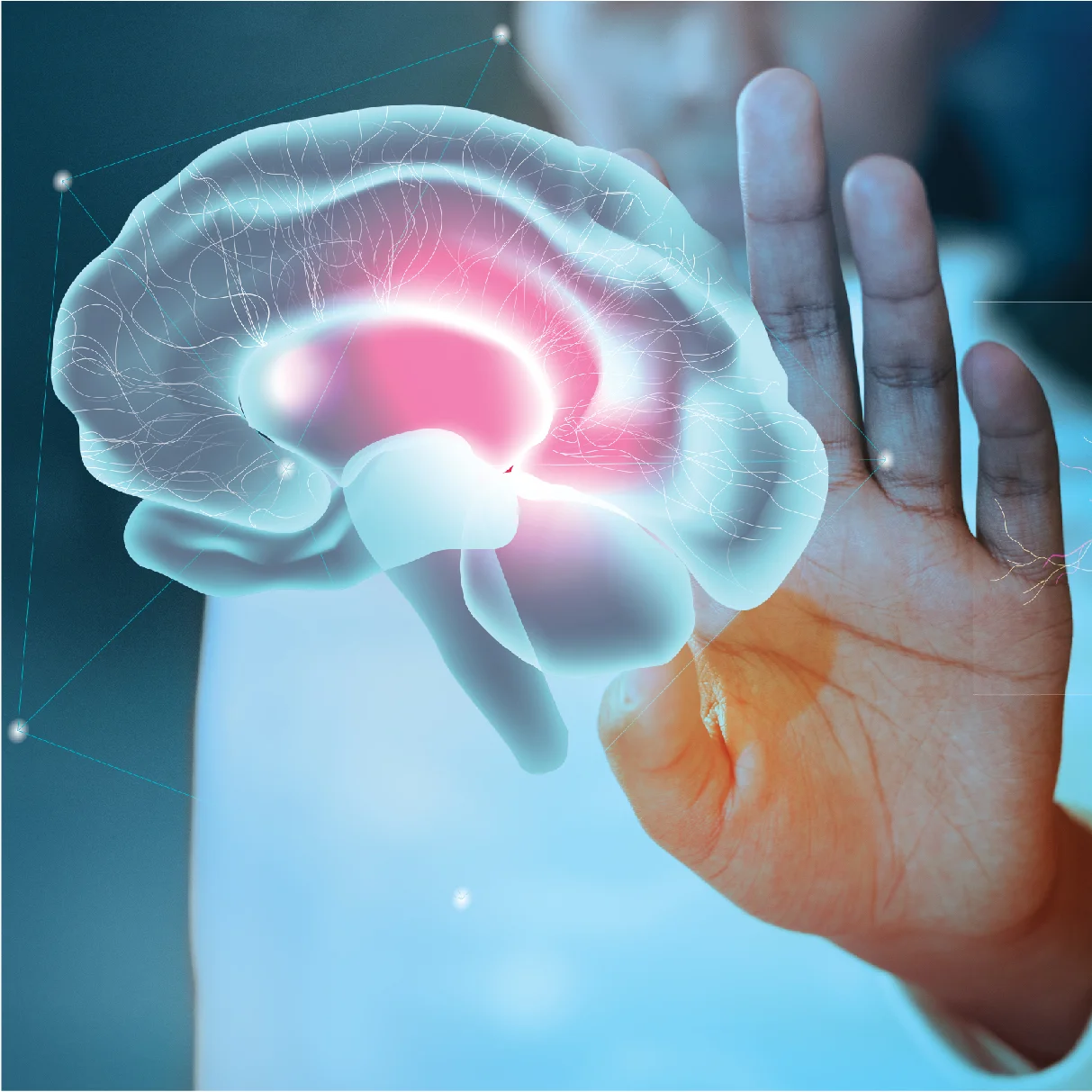
Your journey to relief begins at IBS Hospital, where we specialize in managing cluster headaches. Our team of caring professionals is here to offer guidance, support, and effective treatments that target the source of your pain. Experience the transformation as we work together to minimize the impact of cluster headaches on your life.
What are Cluster Headaches?
Cluster headaches are one of the most severe forms of headaches, occurring in cyclic patterns lasting for weeks or months. They are more common in individuals aged 20 to 50, especially smokers. After each bout, there is a long remission period without headaches. While not lifethreatening, cluster headaches significantly impact the individual’s quality of life.
What are the different types of Cluster Headaches?
Cluster headaches are classified into the following different types:
Episodic Cluster Headaches:
- Duration: Last anywhere between a week and a year
- Remission period: Followed by a remission period of a month or more
Chronic Cluster Headaches:
- Duration: Last persistently for more than a year
- Remission period: Followed by a shorter remission period of less than a month
Recognising the Symptoms of Cluster Headaches
Cluster headaches symptoms can be mistaken for regular headaches or migraines.
- They are abrupt and may be accompanied by visual disturbances & increased light sensitivity.
- In the majority of cases, the onsets occur a few hours after falling asleep, but they can also happen while awake.
- The pain is localized to one side of the head and described as burning or piercing, worsening within 5 to 10 minutes.
Other associated symptoms include:
- Drooped eyelids
- Teary and red eyes
- Swollen bags under the eyes
- Runny/stuffy nose
- Feeling nauseated
- Restlessness
What causes Cluster Headaches?
Cluster headaches occur due to the dilation of blood vessels supplying oxygenated blood to the face and brain. This puts strain on the trigeminal nerve, responsible for transmitting signals from the face to the brain. The exact cause of the dilation is unknown but may be linked to hypothalamus abnormalities. Additionally, the sudden secretion of chemicals like serotonin and histamine is also believed to contribute to cluster headaches.
Diagnosis of Cluster Headaches
Cluster headaches do not have a specific diagnostic test. Diagnosis typically involves a comprehensive physical and neurological examination to assess symptoms. Doctors may use brain imaging, such as MRI or CT scans, to rule out other conditions with similar symptoms.
Management / Treatment of Cluster Headaches at IBS Hospital
At IBS Hospital, we consider surgery as a last resort and recommend it only when patients do not respond to medication. Our treatment approach for cluster headaches focuses on relieving pain and reducing associated symptoms. This includes:
- Pain medication, such as Triptan medications, DHE, and Capsaicin cream, to help manage pain.
- Inhalation of 100 percent pure oxygen to provide relief during cluster headache attacks.
- Preventive medication, like blood pressure medication and steroids, to control risk factors and reduce nerve-related symptoms.
Our team is dedicated to providing personalized care and finding the most effective treatment options for cluster headaches to improve patients’ quality of life.
Our team of experts that make it possible
Meet the team of highly specialised and experienced neurosurgeons, neurologists, orthopedicians, and other experts in the field of neurology and spine care. Our team is dedicated to providing personalised and compassionate care to each patient, with the goal of helping them achieve the best possible outcomes.
IBS Hospital Empowers Your Treatment with Cutting-edge Technology
We continuously incorporate cutting-edge technologies from around the world into our offerings, such as a surgical system that allows for precise and confident complex procedures. We use magnetic stimulation to treat certain neurological conditions and create personalised brain maps for tailored treatment plans. Nerve monitoring during surgeries ensures the nervous system is not compromised, and a robotic exoskeleton aids in mobility issues. Our goal at IBS Hospital is to provide the best care possible, utilising the latest and most innovative technologies available.






.webp )

